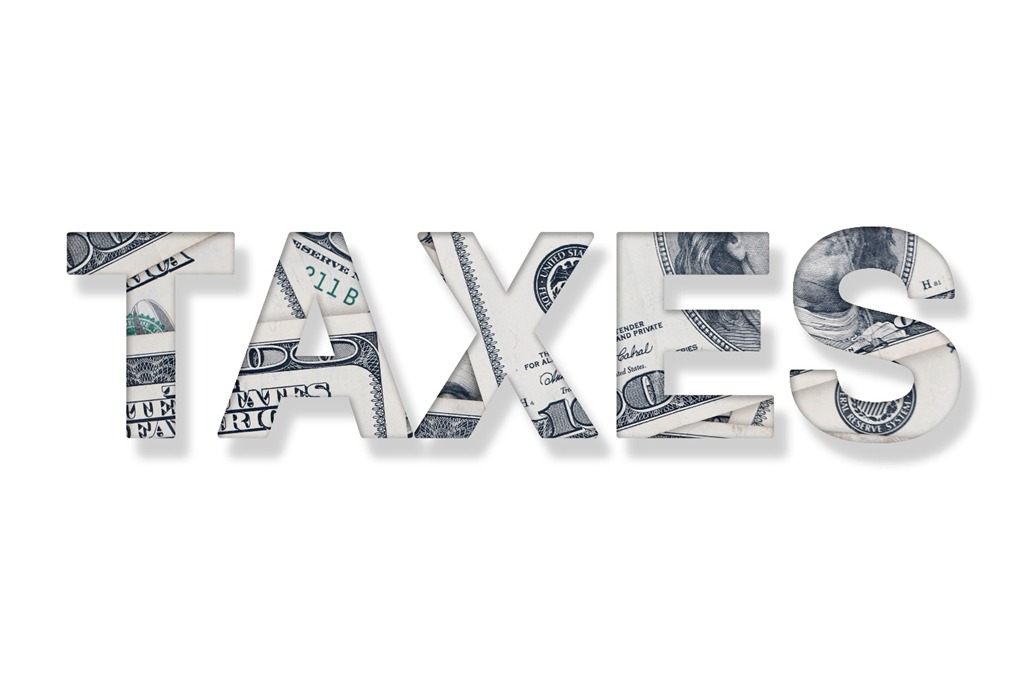
The Dark Side of Tax Season: Don’t Fall Victim to Unscrupulous Tax Schemes
Tax season: a time when many are eager to receive their refunds, yet others are plagued with anxiety. But what if there were a way to ease that anxiety and even increase your refund? This tempting offer is what unscrupulous tax preparers and fraud promoters bank on, but beware – taxpayers are legally responsible for their returns, and the consequences can be dire. To navigate these treacherous waters, it’s essential to recognize the red flags of fraudulent schemes and choose reputable tax professionals.
Employee Retention Credit claims: A Wolf in Sheep’s Clothing
The Employee Retention Credit has been a lifeline for many businesses struggling amid the pandemic, but not everyone is eligible. Fraudsters prey on unsuspecting taxpayers, luring them with aggressive pitches and false information. Ads promising substantial refunds blanket the internet, social media, and radio, but they may only serve to collect fees or steal personal information. Don’t fall for their false promises.
False fuel tax credit claims: A Slippery Slope
The fuel tax credit, designed for off-highway business and farming use, is another target for abuse. Unscrupulous tax return preparers entice taxpayers to inflate refunds by erroneously claiming the credit. Remember, if it seems too good to be true, it probably is.
Schemes aimed at high-income filers: A Dangerous Game
High-income filers are not immune to the lures of tax fraud. Schemes such as abusing charitable remainder trusts and monetized installment sales may be presented as legitimate opportunities but can have disastrous consequences when scrutinized by the IRS.
Bogus tax avoidance strategies: Playing with Fire
Abusive micro-captive insurance arrangements and syndicated conservation easements are just two examples of bogus tax avoidance strategies. These deceptive schemes can lead to severe penalties and legal trouble.
Schemes with international elements: A Web of Deception
Some tax fraudsters take their schemes global, involving offshore banks, digital asset accounts, and foreign corporations. Tactics such as hiding assets in international accounts, contributing to foreign individual retirement arrangements, or participating in dubious insurance arrangements with foreign corporations can spell disaster for unsuspecting taxpayers.
Stay Vigilant and Trust Your Instincts
The IRS is committed to challenging and penalizing those involved in fraudulent tax schemes. As a taxpayer, it’s crucial to be aware of these risks and make informed decisions about your tax return. Think twice before including questionable arrangements and always choose a reputable tax professional. After all, the potential short-term gain is not worth the long-term pain.
***Disclaimer: This communication is not intended as tax advice, and no tax accountant -client relationship results**
